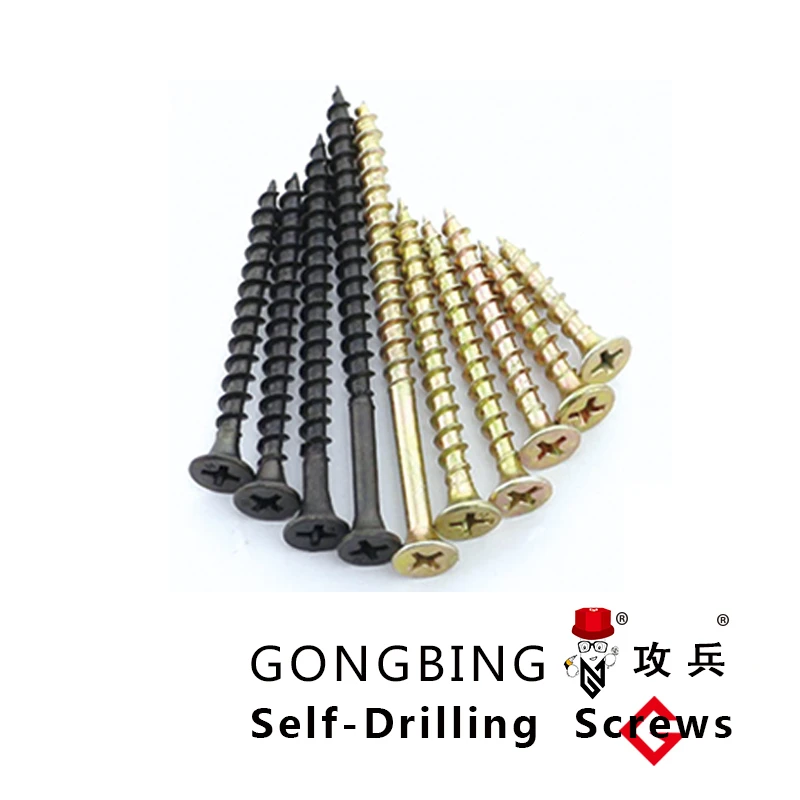Resin Bolt and Stud Fixing Solutions for Stronger Structural Integrity
Understanding Resin Bolt and Stud Fixings A Comprehensive Guide
In the world of construction and engineering, the integrity and durability of structures hinge on the quality of the materials and technique employed during assembly. Among the various methods used to secure components together, resin bolt and stud fixing has emerged as a popular choice, renowned for its strength and versatility. This article delves into the applications, benefits, and installation process of resin bolt and stud fixings, providing a comprehensive overview for both professionals and DIY enthusiasts.
What Are Resin Bolts and Studs?
Resin bolts and studs are engineered fasteners designed to provide secure anchoring in various substrates, particularly in concrete or masonry. Unlike traditional mechanical fixing methods, resin fixings use a chemical adhesive – typically a high-strength epoxy or polyester resin – that bonds the bolt or stud to the substrate. This bonding creates a strong, load-bearing connection that can withstand significant stress and environmental conditions.
Applications of Resin Bolt and Stud Fixings
Resin-based fixings are particularly advantageous in several applications
1. Structural Engineering They are used to anchor heavy structural elements such as beams and columns where high tensile strength is required.
2. Construction Projects Used extensively for fixing facades, railings, and other architectural components where traditional methods might fail to provide adequate support.
3. Heavy Machinery In industrial settings, resin fixings secure machinery and equipment, ensuring stability and safety.
4. Repair and Retrofitting Resin fixings are often utilized in the repair of existing structures, providing a means to reinforce or replace old fasteners without significant structural upheaval.
Benefits of Using Resin Bolt and Stud Fixings
The advantages of choosing resin bolts and studs over traditional fastening methods are manifold
1. Superior Load Capacity Resin fixings provide a higher load-bearing capacity compared to conventional mechanical anchors, especially in tension.
resin bolt and stud fix

2. Corrosion Resistance The resin bonds create a layer of protection against moisture, chemicals, and other corrosive elements, thus prolonging the lifespan of the fastener.
3. Vibration Absorption The adhesive properties of the resin can dampen vibrations, making resin fixings ideal for applications involving heavy machinery or dynamic loads.
4. Flexible Installation Resin bolts and studs can be installed in wet conditions, making them suitable for outdoor applications or where moisture is a concern.
5. Minimal Surface Preparation Compared to other fixing methods, preparing the substrate for resin fixings may require less labor and time, allowing for faster project completion.
Installation Process
Installing resin bolt and stud fixings involves several key steps
1. Surface Preparation Begin by cleaning the hole to remove dust, debris, and any contaminants that may impair the bond. This can be achieved using a wire brush or compressed air.
2. Drilling the Hole The diameter and depth of the hole need to be specified based on the size of the bolt or stud being used. It is crucial to follow the manufacturer’s recommendations.
3. Applying the Resin Mix the resin according to manufacturer instructions and inject it into the hole. The amount of resin used should be sufficient to fill the hole effectively.
4. Inserting the Bolt/Stud Immediately insert the bolt or stud into the hole filled with resin, ensuring it is aligned correctly. Hold it in place until the resin begins to set.
5. Curing Time Allow the resin to cure fully before subjecting the fixing to load. Curing time will vary based on the resin type and environmental conditions.
Conclusion
Resin bolt and stud fixing presents a robust solution for a variety of demanding applications in construction and engineering. With their exceptional load capacity, resistance to corrosion, and ease of installation, these fasteners are increasingly favored in modern projects. As with any construction method, understanding the specific requirements and following proper installation protocols will ensure optimal performance and longevity of the fixings. Whether working on a new build or retrofitting an existing structure, resin bolts and studs provide a reliable, long-lasting solution worth considering.
-
Weatherproof Plastic Expansion Anchors for OutdoorNewsJun.06,2025
-
Sustainability in the Supply Chain: Eco-Friendly TEK Screws ProductionNewsJun.06,2025
-
Load-Bearing Capacity of External Insulation FixingsNewsJun.06,2025
-
Double Head Bolts: Enhancing Efficiency in Industrial MachineryNewsJun.06,2025
-
Corrosion Resistance in Chipboard Screws: Coatings for Wholesale DurabilityNewsJun.06,2025
-
Butterfly Toggle Bolts : Enhancing Structural ResilienceNewsJun.06,2025
